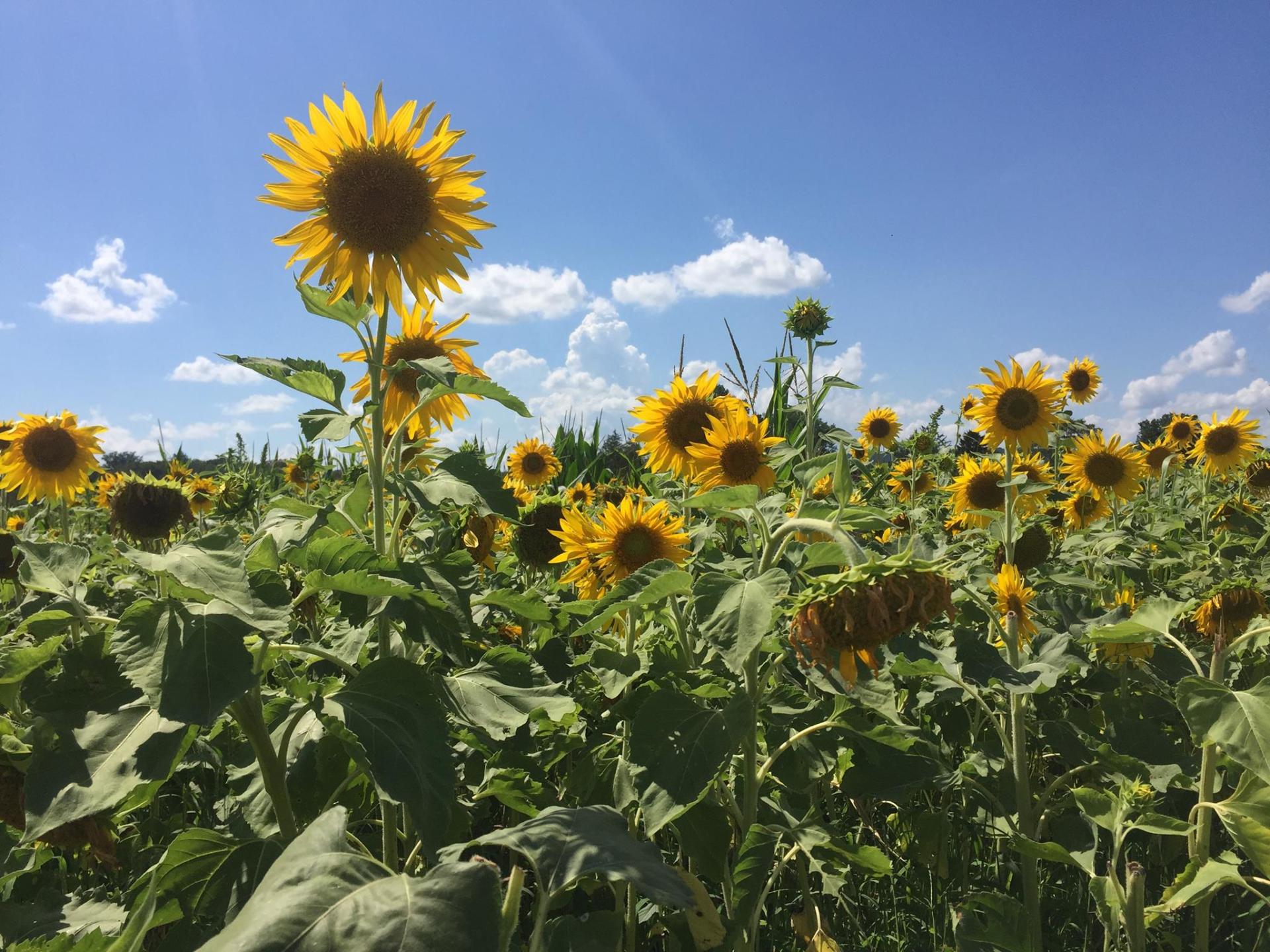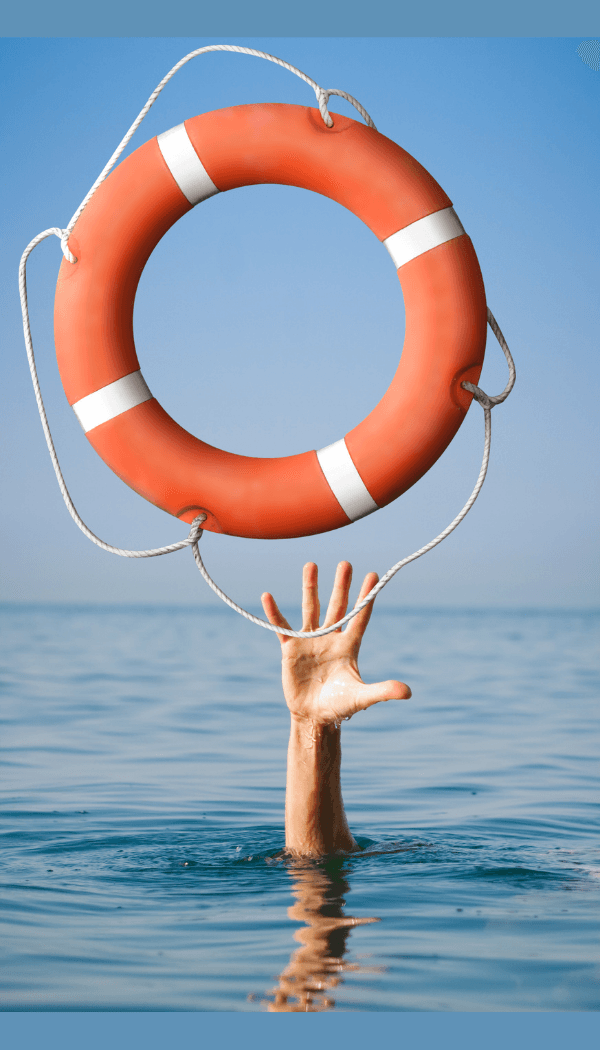It's Time for a Break
We've been thinking about the role and purpose of summer.

I love the long days in June. I can feel my circadian rhythm adjusting to the early sunrise and the evening hours filled with light. Each morning I sip my coffee while sitting on my deck, taking in the fresh air, observing the sounds and sights of nature, and reading a book or professional journal. June mornings are a mental break for me - a time to allow myself to reflect, to ponder, to wonder, and to learn, all before the activity of the day sets in.
Recently, I’ve been thinking more about the role and purpose of summer. With so much of life on pause due to Covid-19, I wonder how teens are managing? I hope that students are taking a break for a few weeks. But, my sense is that there is a general rush to get to the next thing, to be busy, to be productive… and for rising seniors, to start their college applications and essays. That’s unfortunate.
When I was a kid I would spend hours lost in my own world while tending to my grandfather’s rose garden. I’d pick beetles off the delicate flowers and sink them into a concoction I created out of cod liver oil and dish soap. Or, I’d be at a beach, floating in water and jumping waves. Or, we’d go to a city park where my sister and I would play in the sprinkler, carefree and filled with pure joy. Our days might end with ice cream or watermelon - something sweet to top off the fun of the day.
By the time I was a high school junior, summer meant working. I spent a couple of summers working as a counselor at a sleepaway camp and as a server at a neighborhood pastry shop. I have fun and crazy memories from those summers, working during the day and hanging out with friends in the evenings and on days off.
What I don’t remember was feeling pressure. By the time I sat down to write my college essay, I was relaxed and ready to refocus on the task at hand. I had a summer of experience and growth to pull from. That’s not to say that my essay was a masterpiece. It wasn’t. But, I approached it AFTER I had a break from the intensity of the junior year. I’m starting to ask parents what they remember from their own experience. So far, no one has told me that they began their college essay as soon as school got out in June. If we benefited from a break, might our teens, who have had an unprecedented experience in the past six months, benefit as well?
I’ve been coaching students through their college essays for over 20 years and I’ve always stressed the importance of taking a break at the end of the school year before diving into essay work. My students have waited until July or August to begin their essays, which has always begun with a brainstorming session where we talk about what they’ve been up to since school got out.
This year is different. I have students and parents clamoring to get started, as if deadlines are imminent. I worry about losing that downtime in summer and what it may do to students’ creativity, perspective, self-reflection, and stamina to successfully tackle the essay process.
Here is what I would like to see students do in the month of June:
- Keep a journal. Jot down your feelings, observations, inspirations, quotes you like, conversations you have … really anything that is funny or interesting or makes you stop and think. Those observations from daily life can become gems in the college essay.
- Spend time outside. It is well documented that fresh air and exposure to sunlight and nature can reduce stress and clear the mind. It can also lead to new thoughts, ideas, and insights. You never know what great idea will strike you when you are taking a walk, or a bike ride, or a jog, or a swim. No matter where you are, find time to get outside this month.
- Read! Pick up a book that takes you to another place or time. Put yourself in someone else’s shoes by reading a story, fiction or nonfiction. Expand your creativity by reading someone else’s. Some colleges will ask you what you’ve read outside of school, so take this time to prepare for that question.
- Interview your parents, grandparents, or other people who know you well. Reminisce about your childhood. Ask how they remember events. Talk about funny stories or what you were like when you were little. And ask them about their lives when they were your age. Mulling over family history and your own story may lead to wonderful anecdotes or even entire themes for your essay.
- Sleep. Many teenagers go through the entire school year sacrificing sleep. Yet, sleep is critical for your health - both physical and mental. Get rest to ensure that you are functioning at your best when you begin your college essays.
Do these things in June and early July. The college essay can wait until mid-July or August when you are feeling more refreshed, creative, and ready to identify and tell your story.
~Hannah
Hannah Serota, M.Ed, is a Certified Educational Planner and three-decade college admissions professional. She is the founder of Creative College Connections, an educational consulting practice providing teens and their families exemplary professional guidance, tools, and strategies that inspire confidence and joy on the path to acceptance at best-fit colleges.





